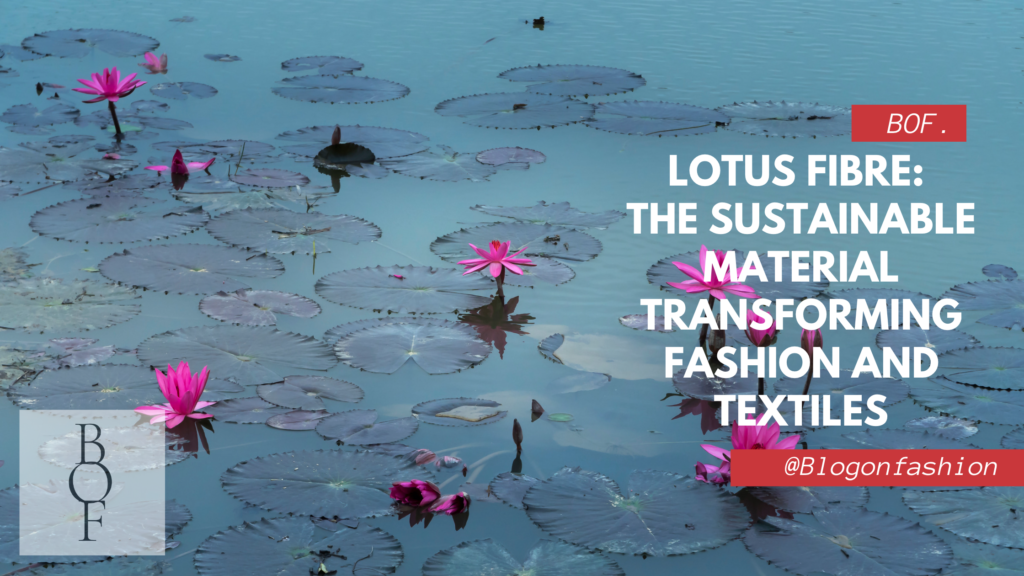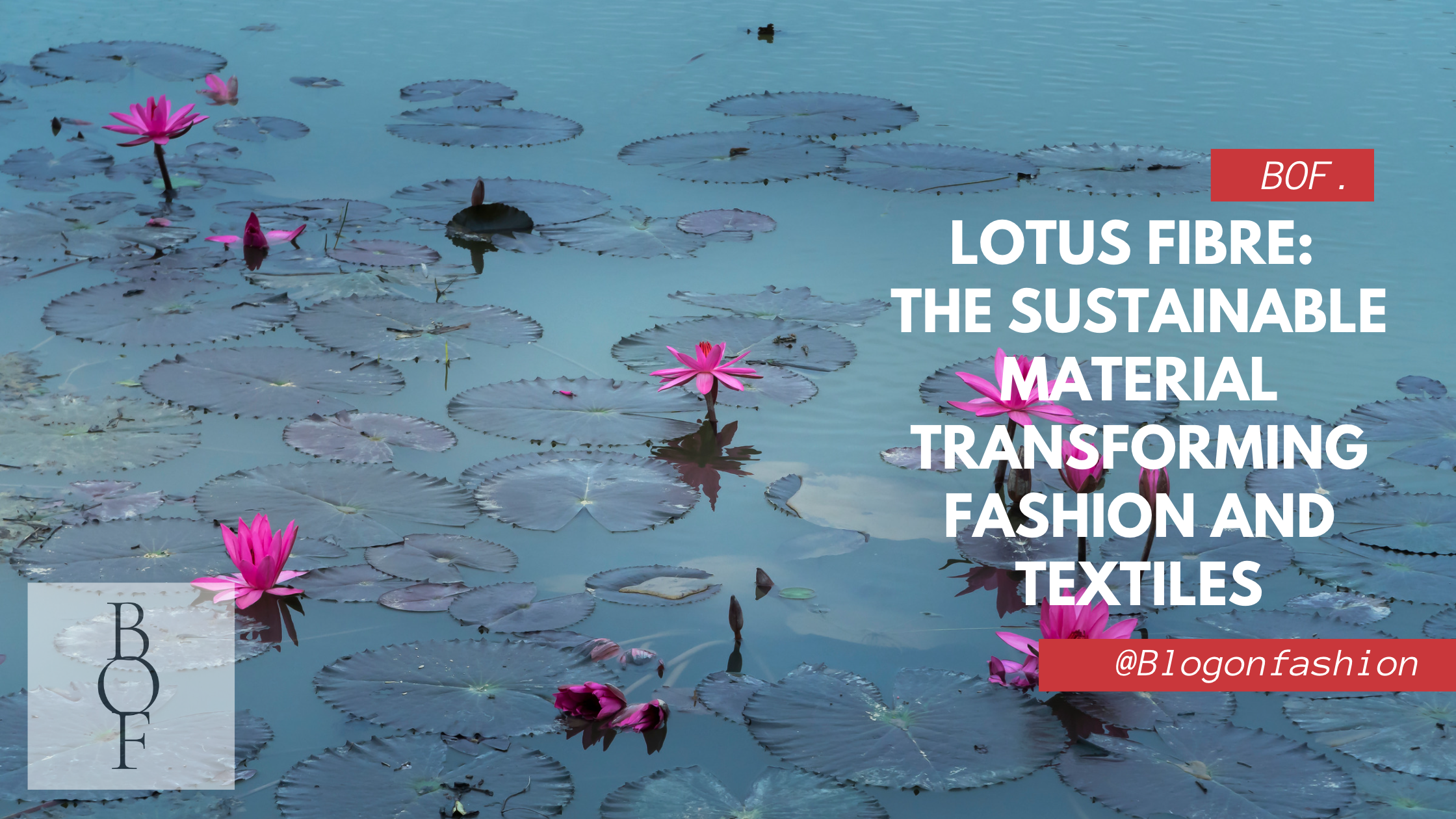
In recent years, there has been an increasing demand for sustainable materials in the fashion and textile industries. One such material that has caught the attention of designers and manufacturers is lotus fibre. Lotus fibre is a completely natural and biodegradable material known for its exceptional sustainability.
Unlike synthetic materials commonly used today, lotus fibre does not harm the environment and is entirely renewable. The lotus plant, from which the fibre is derived, grows in various countries, including India, China, Bhutan, Indonesia, Japan, Korea, Malaysia, Nepal, New Guinea, Pakistan, Philippines, Russia, Sri Lanka, Thailand, Australia, and the United States.
The Nelumbo nucifera lotus, a variety of lotus plant that thrives in submerged water, is the primary source of this strong and durable fibre. The process of extracting the fibre from the lotus plant is a time-consuming and intricate process that requires skilled craftsmanship.
The lotus plant produces long, thin fibres that are collected by hand. The fibres are then separated from the plant and spun into yarn. The resulting yarn is incredibly durable and can withstand the test of time without deterioration, making it an ideal choice for sustainable fashion and textiles.
What makes lotus fibre unique is its ability to adapt to different climates. It is an insulating material, making it suitable for cold climates, yet it is also breathable, making it ideal for warmer weather. It is also naturally hydrophobic, meaning that it repels water and dries quickly, making it an excellent choice for outdoor wear.
Moreover, lotus fibre is a highly sustainable material that has a minimal impact on the environment. The lotus plant requires no fertilizers or pesticides to grow, and it does not require irrigation, as it grows in natural bodies of water. Additionally, the lotus plant is a carbon-neutral plant, meaning that it absorbs as much carbon dioxide as it releases during its lifecycle.
The lotus plant is also considered a sacred plant in many cultures and is often associated with purity and enlightenment. The use of lotus fibre in fashion and textiles is an excellent way to honour the cultural significance of the plant while promoting sustainable practices.
In conclusion, lotus fibre is a sustainable material that is transforming the fashion and textile industries. Its durability, versatility, and minimal impact on the environment make it an ideal choice for sustainable fashion and textile production. As the demand for sustainable materials continues to grow, lotus fibre is likely to play an increasingly vital role in the future of fashion and textiles.



